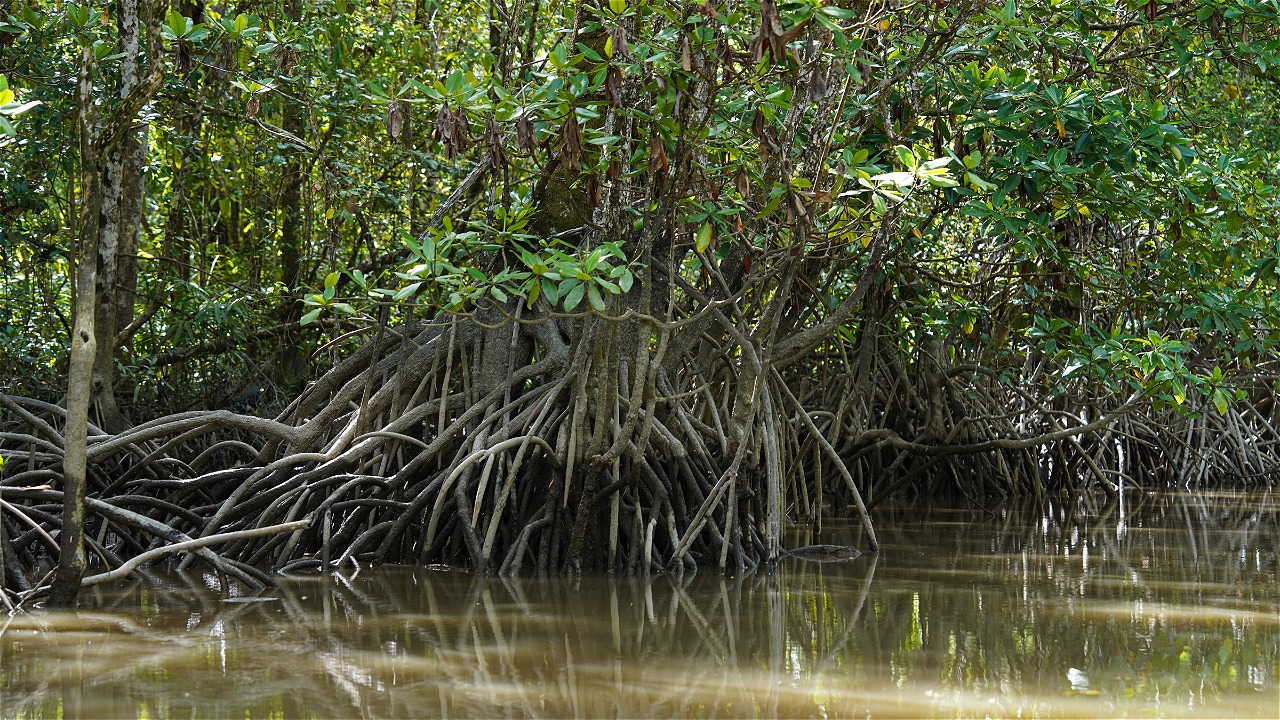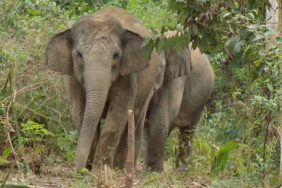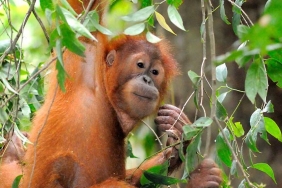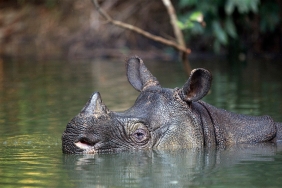TUPPERWARE AND GPTP REFOREST BLACAN ESTUARY
By: Maya Bellina
Last Sunday (04/05), a group of women participating in activities from Tupperware Indonesia and GPTP (Women's Planting and Nurturing Movement) had gathered at the SIKIB (Solidarity of the Wives of the United Indonesian Cabinet) office, State Secretariat, Jakarta, since 6am. They were preparing to spread the spirit of sharing and instill kindness for the environment. The hot sun and dry air in Muara Blacan, Muara Gembong District, Bekasi, did not dampen the women's enthusiasm to go directly to plant mangrove seedlings.
The mangrove planting activity that day was an initiative of Tupperware-Indonesia and GPTP in commemoration of World Water Day - which falls every March 22 - as well as efforts to save the environment. Tupperware-Indonesia, which participates in WWF-Indonesia's NEWtrees Mangrove program, planted 5,000 trees.
"The tree planting initiative through our NEWtrees program with WWF-Indonesia has been going on since 2011 until now. In addition to encouraging environmental preservation, we also share the same vision with WWF-Indonesia, especially the wise use of plastic and packaging waste," said Managing Director of Tupperware Indonesia, Ningsih Pernama, during the symbolic planting ceremony. "This time we embrace mothers from GPTP so that there will be more support from various parties in preserving the environment. Because mothers as the pillar of the teacher become role models at home," she added.
The activity that day received a positive response from the local government represented by the Bogor Forest Management Unit (KPH). "Based on Perhutani data, the area of mangrove forest in Muara Gembong which reaches 10,480 hectares is now only 20%, or around 2,000 hectares of mangrove forest cover which is classified as still in good condition. To date, with the help of various parties such as organizations, government institutions and the private sector, we have replanted 605,000 mangrove trees," said Slamet Maryantho, Asper Bagian Kesatuan Pemangkuan Hutan Ujung Karawang, KPH Bogor.
GPTP Deputy Coordinator, Indriastuti, MM, added that the mangrove planting movement will continue to be carried out by involving every individual who is a member of GPTP. Currently, GPTP representative organizations are spread throughout Indonesia.
On another occasion, WWF-Indonesia Marketing Director, Devy Suradji, revealed that coastal areas and coastal forests in Muara Gembong are a priority for the mangrove reforestation program. "This initiative is the answer to overcoming ecosystem problems and the crisis of clean water sources. In addition, the existence of mangrove forests will have an impact on the welfare of coastal communities," he explained. "Tupperware-Indonesia is a pioneer in mangrove reforestation efforts in various areas, such as in Lamnga Village, Aceh Besar, and in Muara Gembong. Hopefully, this Tupperware initiative can be followed by other organizations."
The incessant mangrove planting activities are not merely a form of social concern, but also a real action against the problem of increasingly difficult access to clean water, especially for residents living in coastal areas. This is inseparable from the decline in the area of natural forests which often has an impact on the environment, including the problem of the rate of deforestation of mangrove forests.
Java Island has now lost 90% of mangrove forest land and only a few of the remaining areas are included in protected areas, including the distribution of Muara Gembong mangrove forest on the north coast of Jakarta Bay. In fact, the Muara Gembong mangrove forest is part of a series of mangrove ecosystems on the north coast of Jakarta Bay to the tip of Karawang.
The very important role of mangroves in the ecosystem encourages WWF-Indonesia and its partners to give real attention and contribution to mangrove forest conservation efforts.





